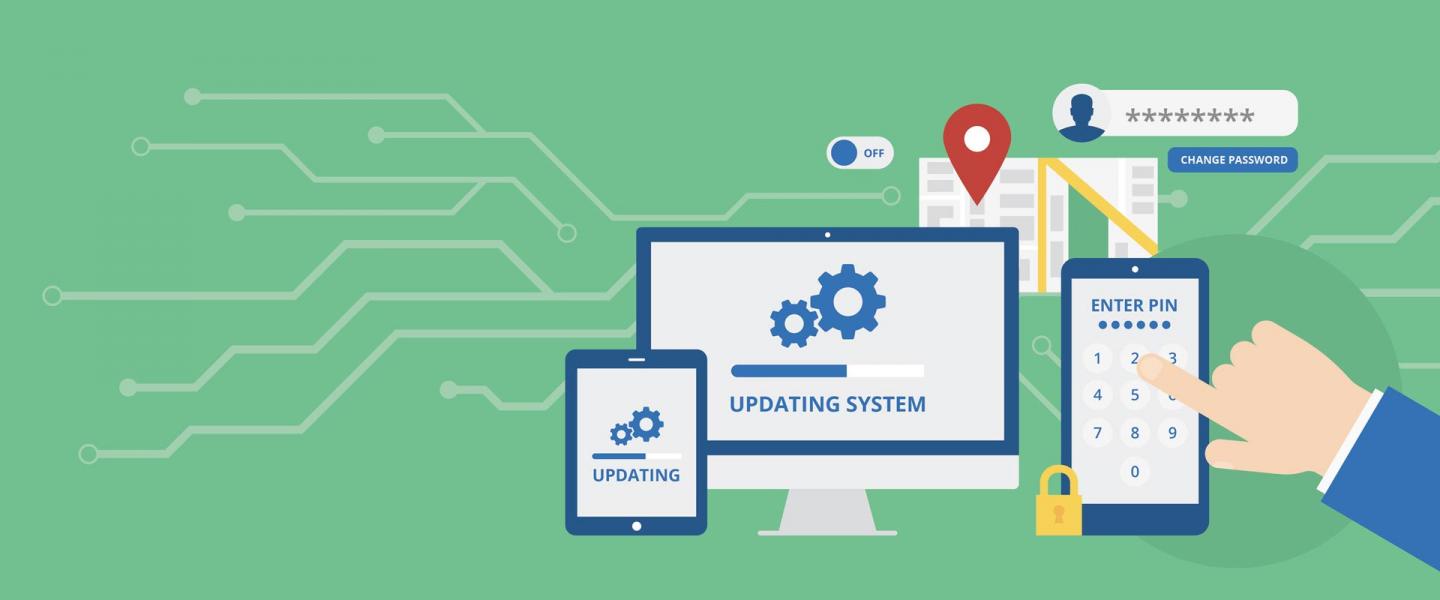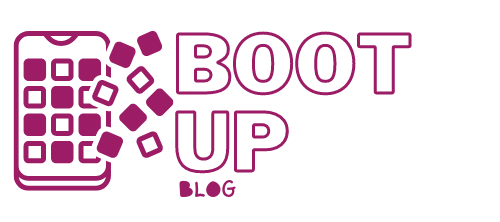Welcome back to our 2-part series on cyber security measures designed to protect your online business from attacks. In part one, we talked about the need for stronger passwords, robust email etiquette and more. Let’s continue the discussion by looking at 7 further tips that our friends at Linkeo Ltd have shared:
Keep Software Up-to-Date
Keeping your software up-to-date is important for preventing security risks. Outdated software increases the chance your system will become a cybercriminals’ target. That’s why you should regularly update both your security software program and the software programs installed on your computer. To save time, set all your software programs to automatically install updates. This will make it much harder for hackers to infiltrate your computer network and website.
Protect your Computer Network
Investing in a professional security package will definitely pay off. Choose reliable anti-virus and anti-malware products. If possible, choose a package that includes website penetration testing and malware cleanup. This will help you locate any malware that made its way onto your system, which is a good starting point for keeping your hardware and software secured.
Backup Frequently
Regular backups are one of the best ways to protect your website and data. If you have backups of your important files securely stored, you can easily recover them all in the case of a cyber-attack. Our recommendation is to keep your copies off-site. This way, even if your servers are compromised, your data will be safe. Instead of just storing your files in the cloud, download them and keep them on an offline machine, external hard drive or even CDs.
Secure Wi-Fi Network
We all use Wi-Fi networks, but they’re not always safe. In order to avoid potential security threats, make sure your Wi-Fi network is encrypted. Moreover, regularly change your Wi-Fi password. This is especially important if you have a “guest” network for customers and clients since you never know whether their devices are infected. You should also be careful when connecting to public Wi-Fi networks. If you’re out of the office and need to access your email via public Wi-Fi, an additional precaution you can take is using a VPN (a virtual private network).

Set up Firewall
Firewalls monitor incoming and outgoing network traffic in order to permit or block data packets. To secure your internal networks from threats, install firewalls on your servers and on all the office devices you use – laptops, computers, and mobile phones.
Mobile Users
Business meetings often take place out of the office. In an ideal scenario, your security system will have location awareness. As employees move inside or outside the office, the security settings on their laptops will be automatically changed to the advanced level of protection.
Educate Your Employees on Cyber Safety
Even the best security software won’t work if your employees don’t know the basic things about potential security risks. They could be unaware that pop-ups, emails, or unexpected links they receive, can seriously damage your online business. For this reason, they should be informed of how to protect their devices and choose a strong password. It’s also important to educate them about anti-virus programs they can use to keep their devices clean.
Conclusion
As you’ve seen over the whole series, knowing how to protect your online business from potential security threats can be crucial to your success. If you don’t want to lose precious time and money or injure your company’s good reputation, you need to pay attention to security. With just a few simple steps you can make sure your business devices, data, and network are safe and secure. Sound off in the comments below whether you already have these security measures in place, or if you have other suggestions to share with your fellow readers.

